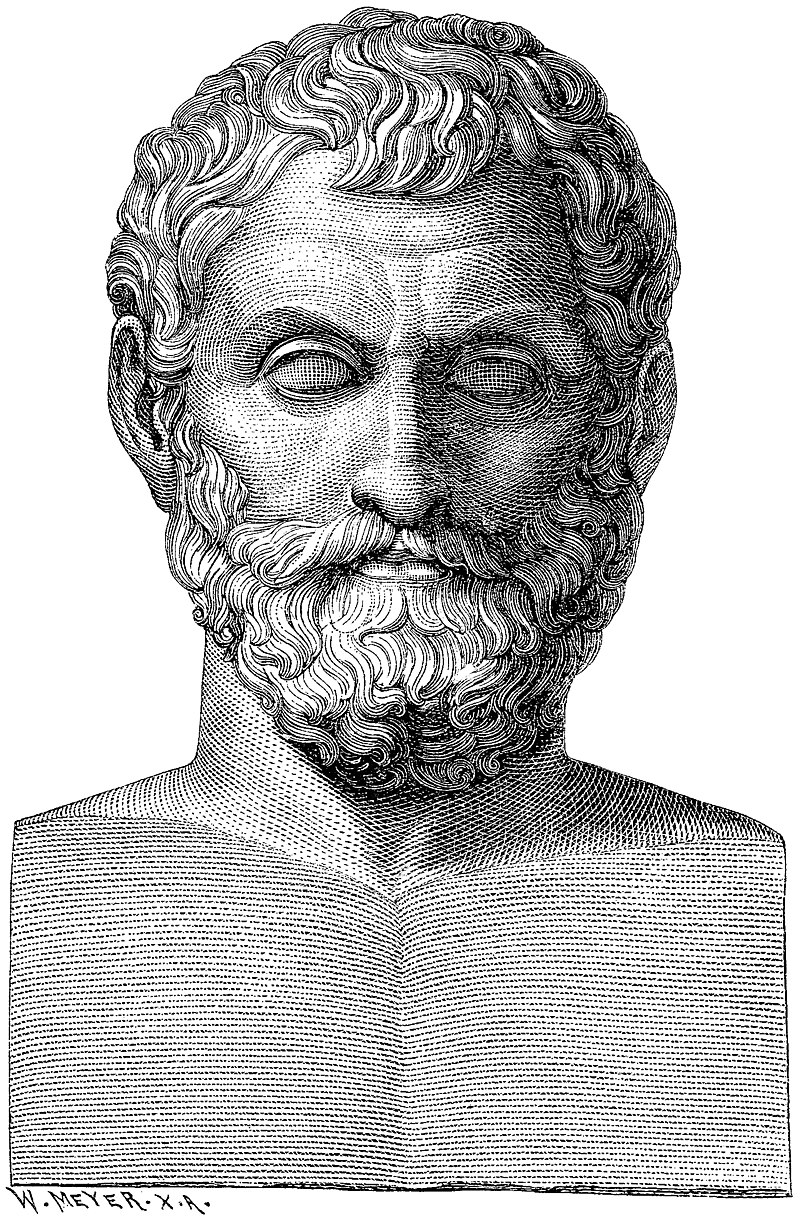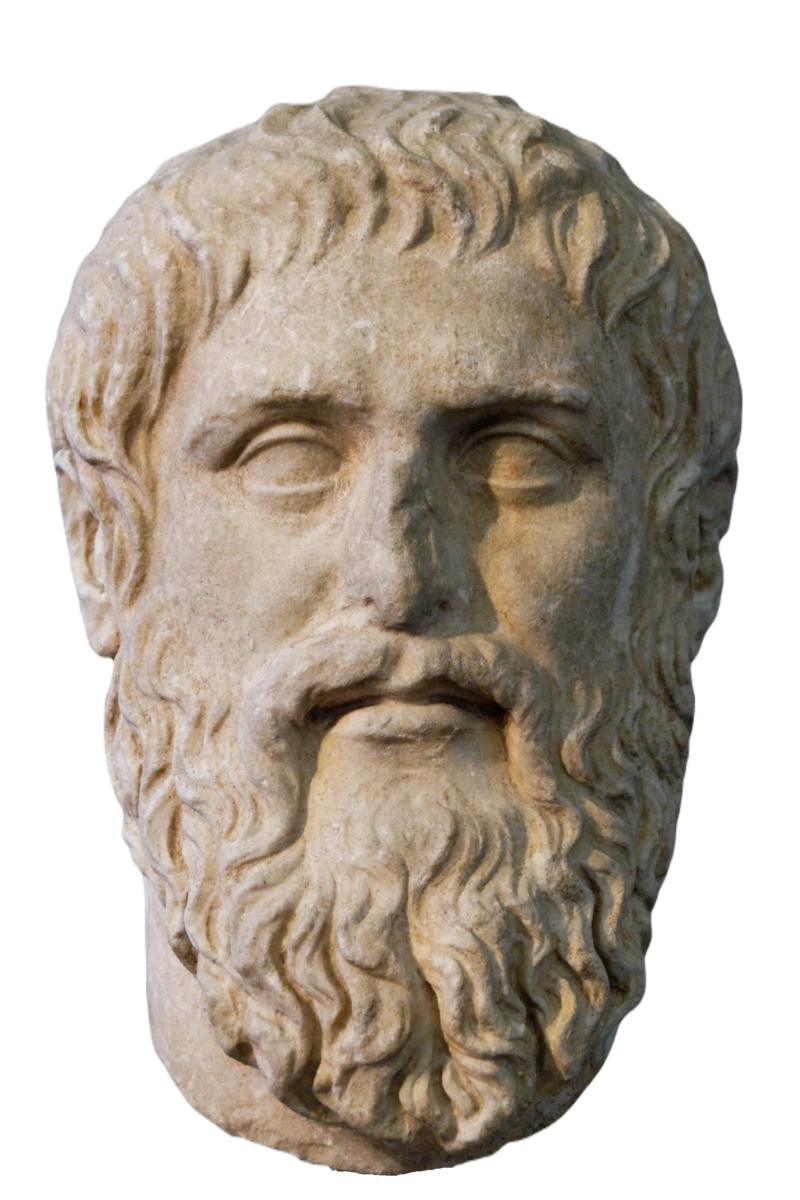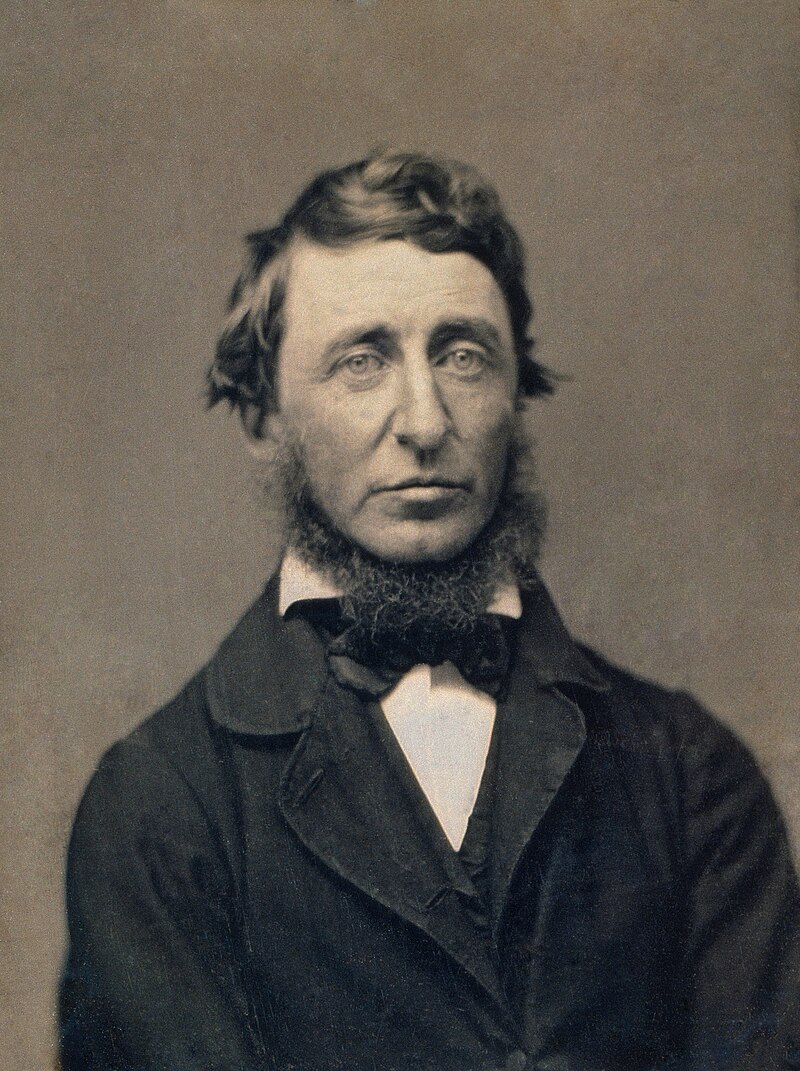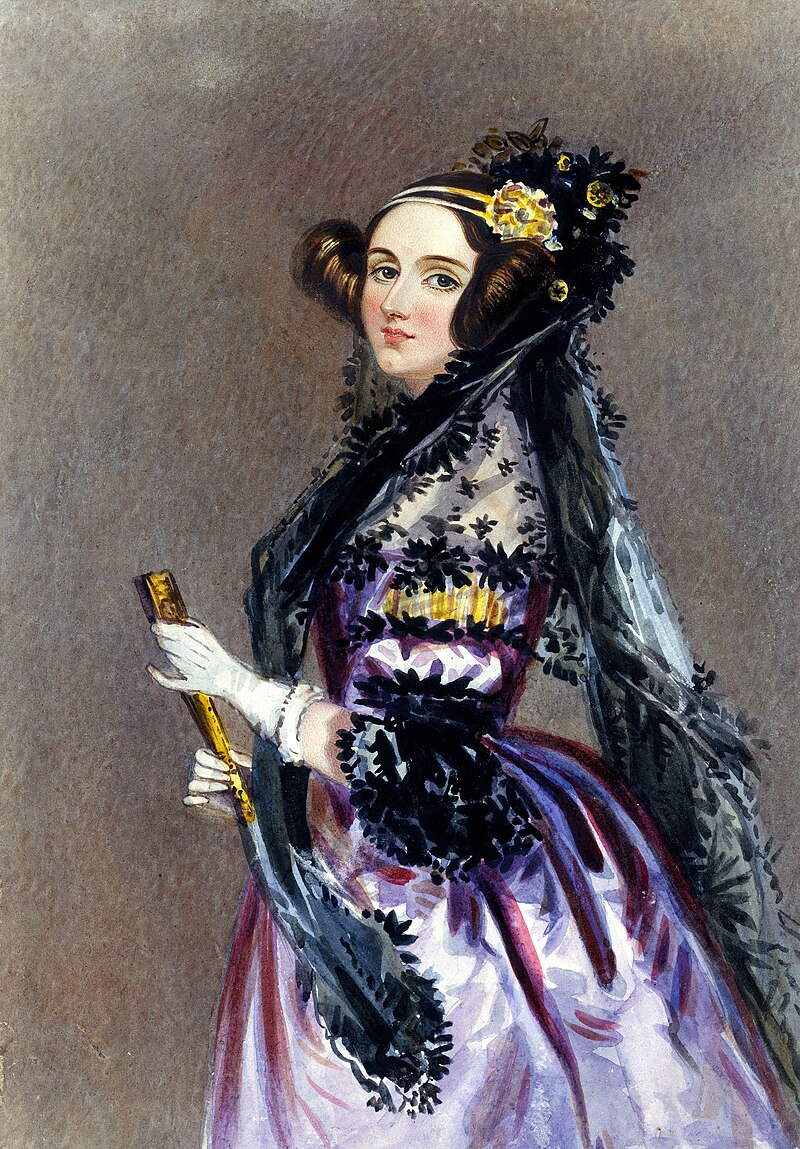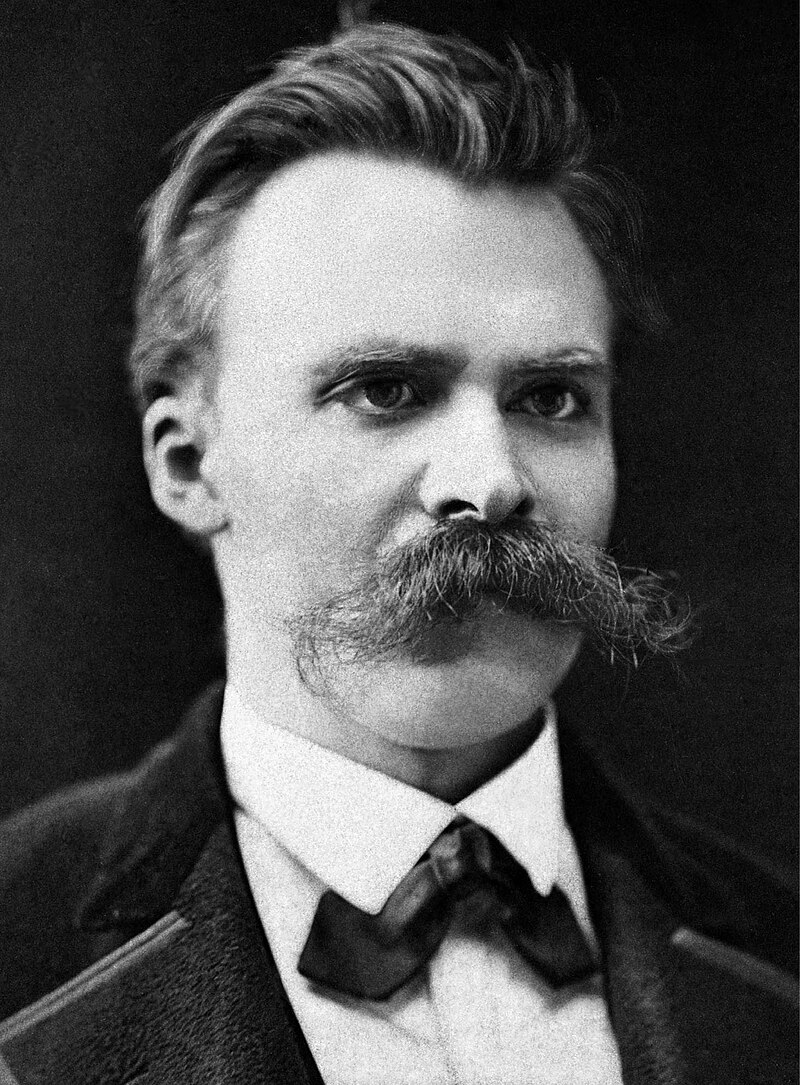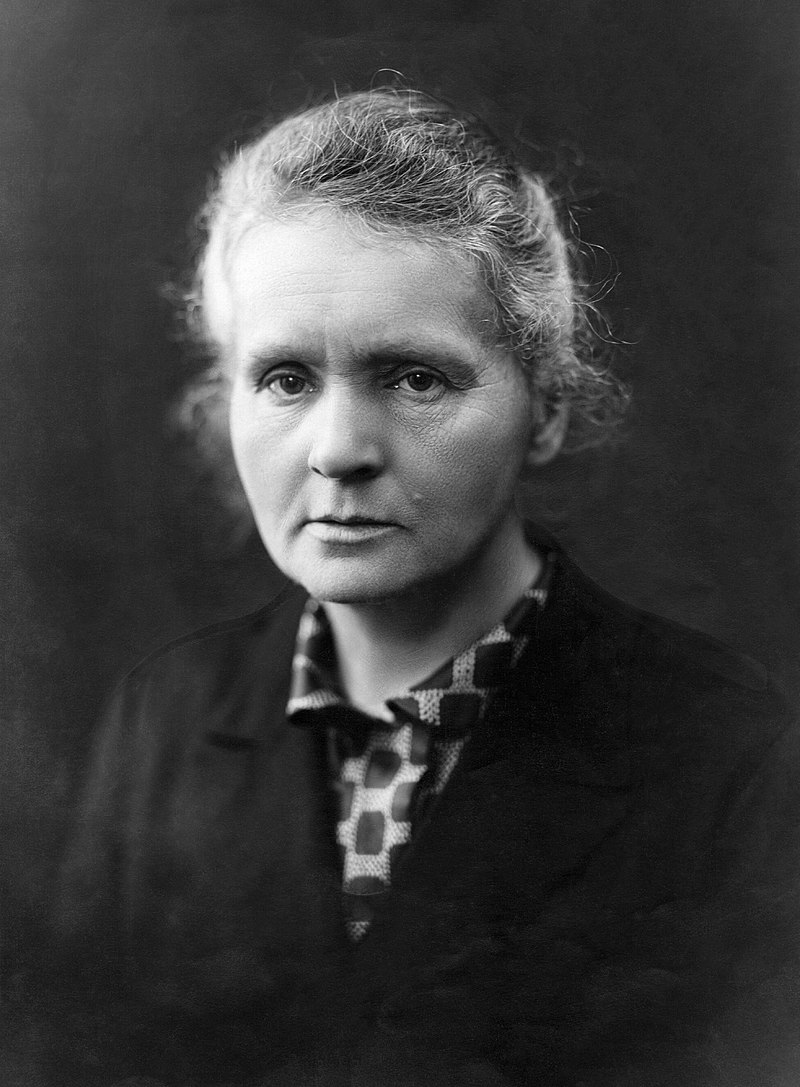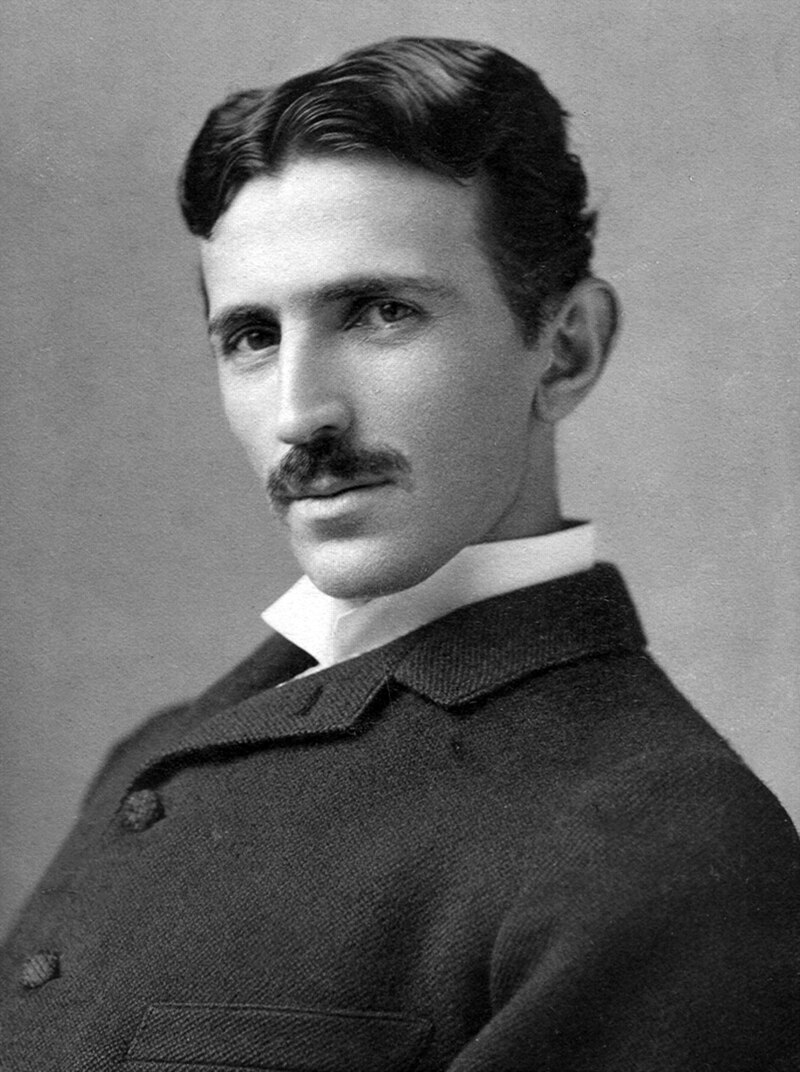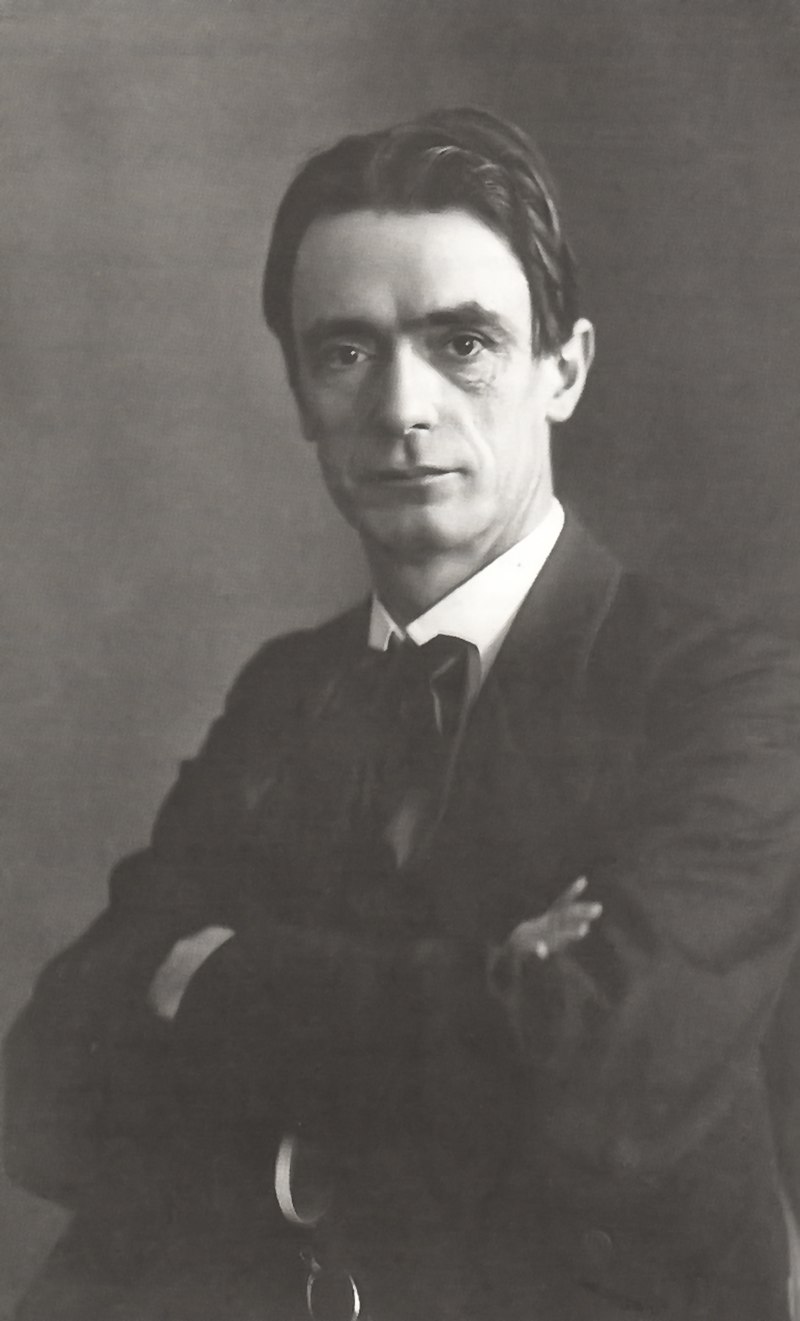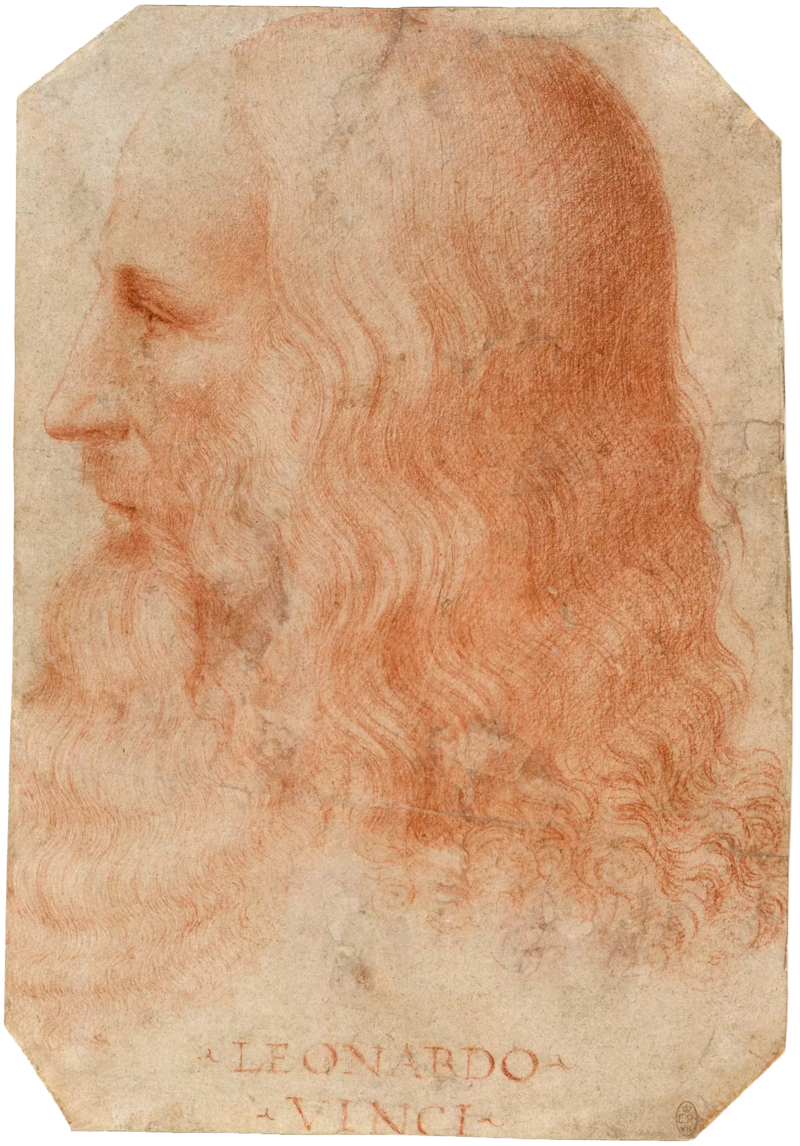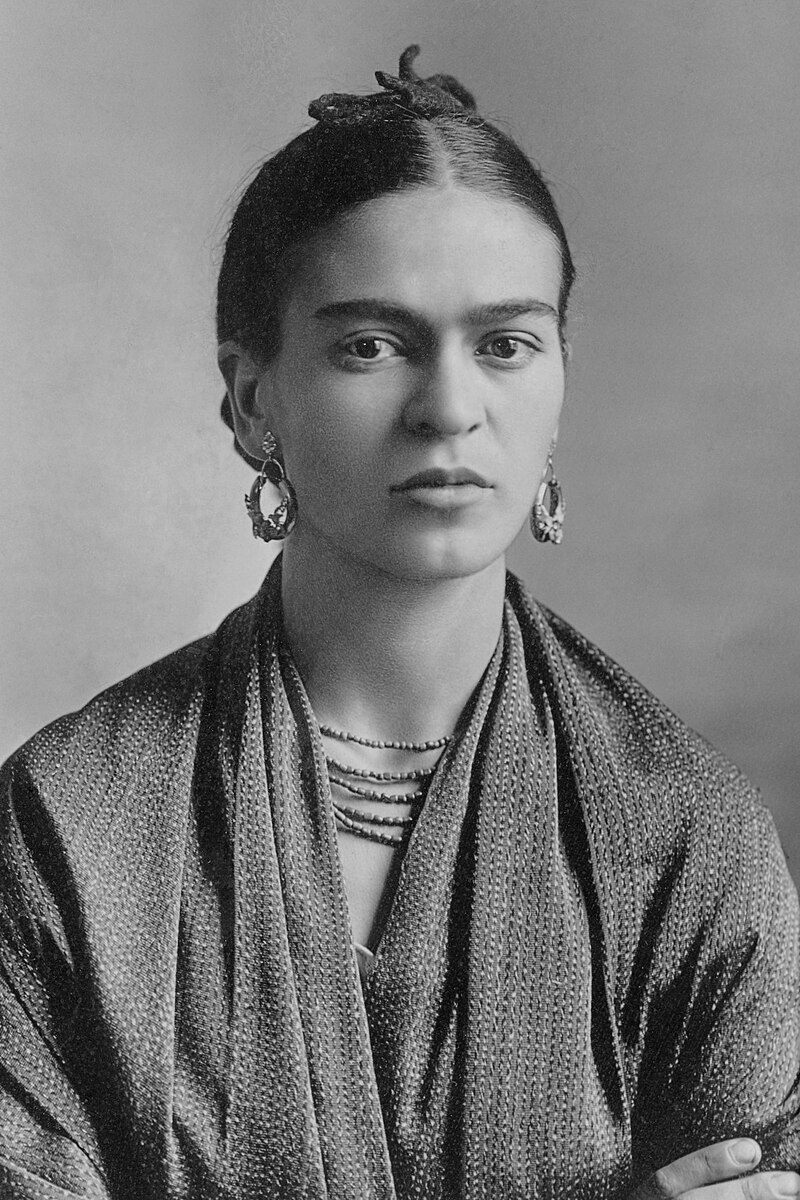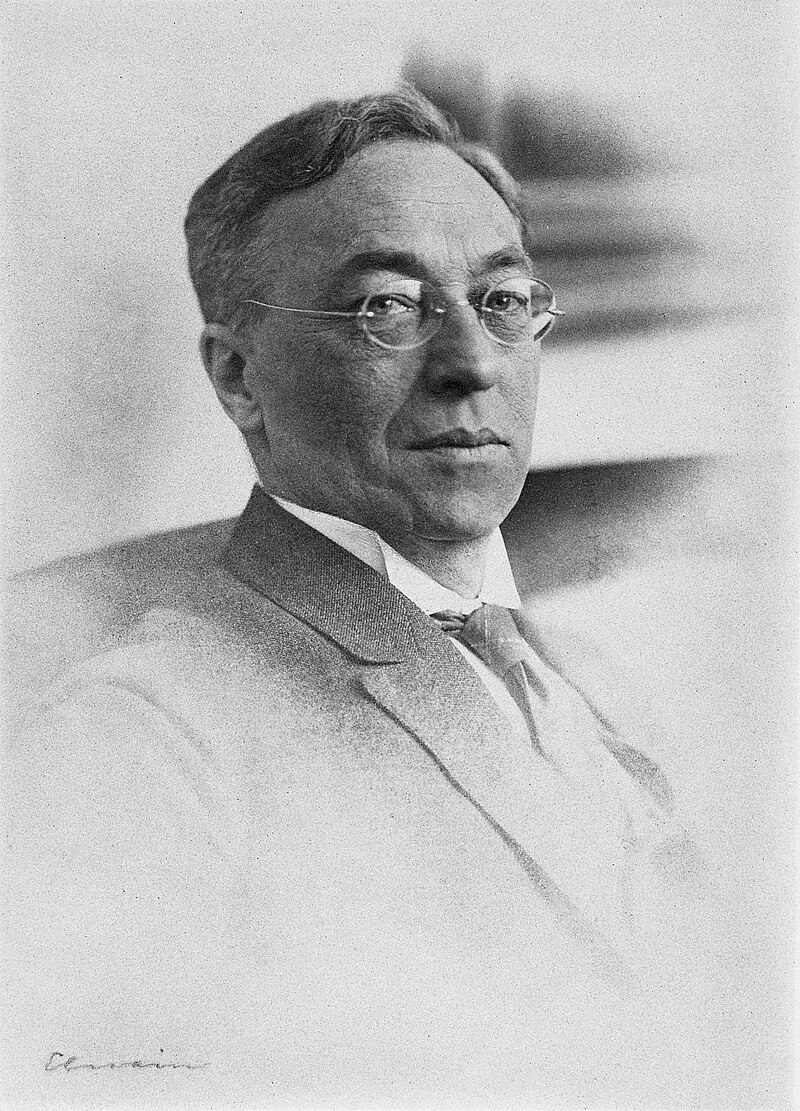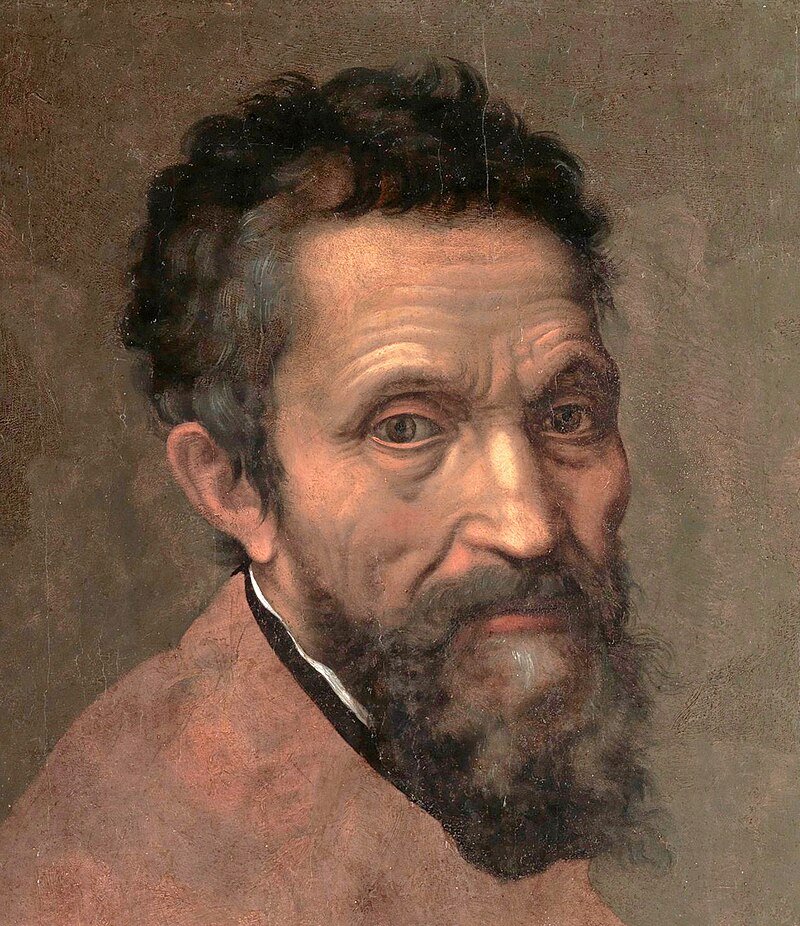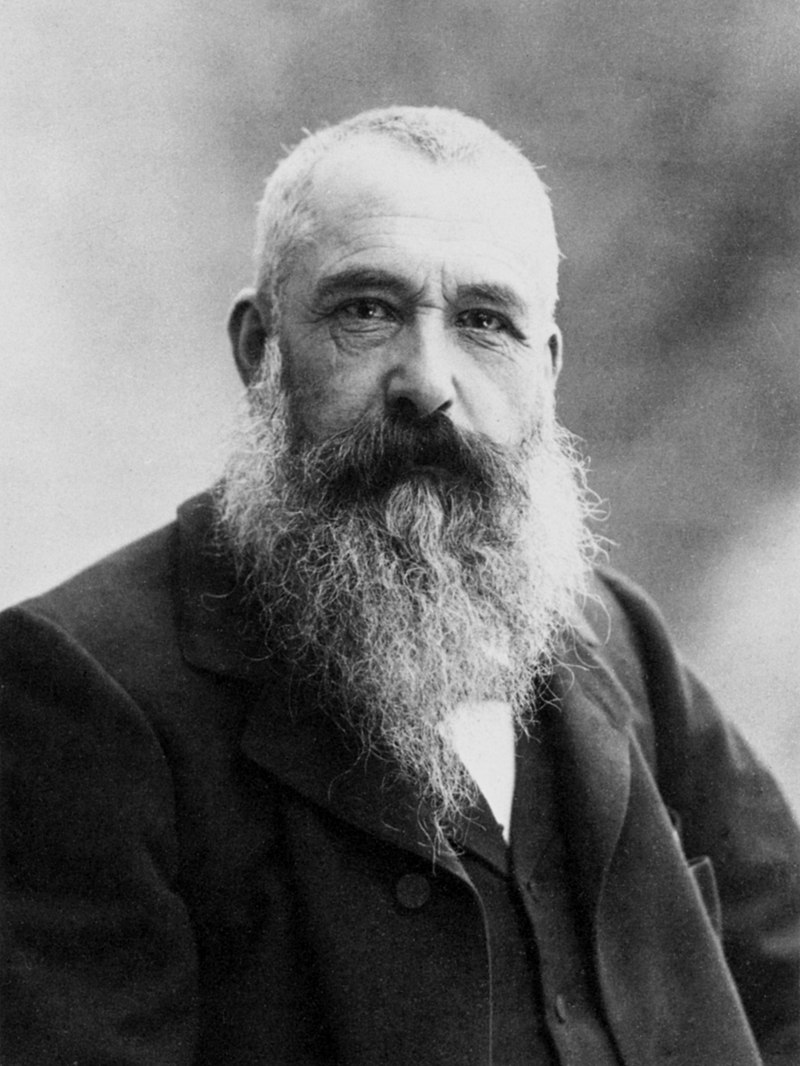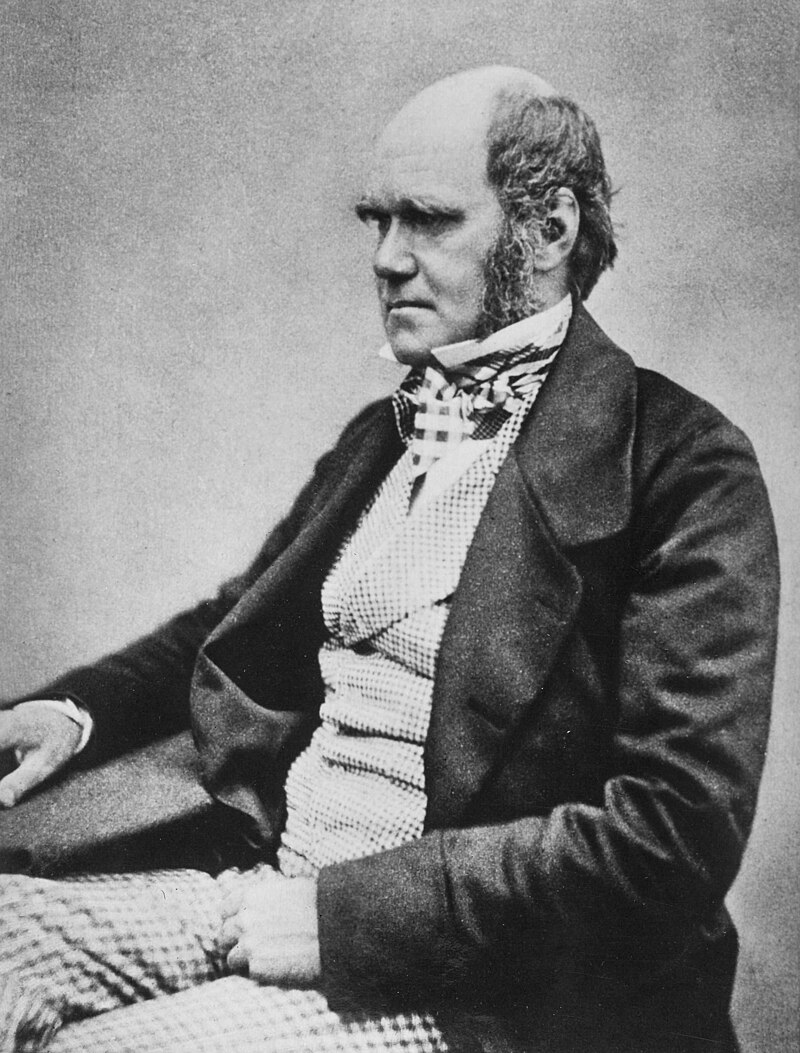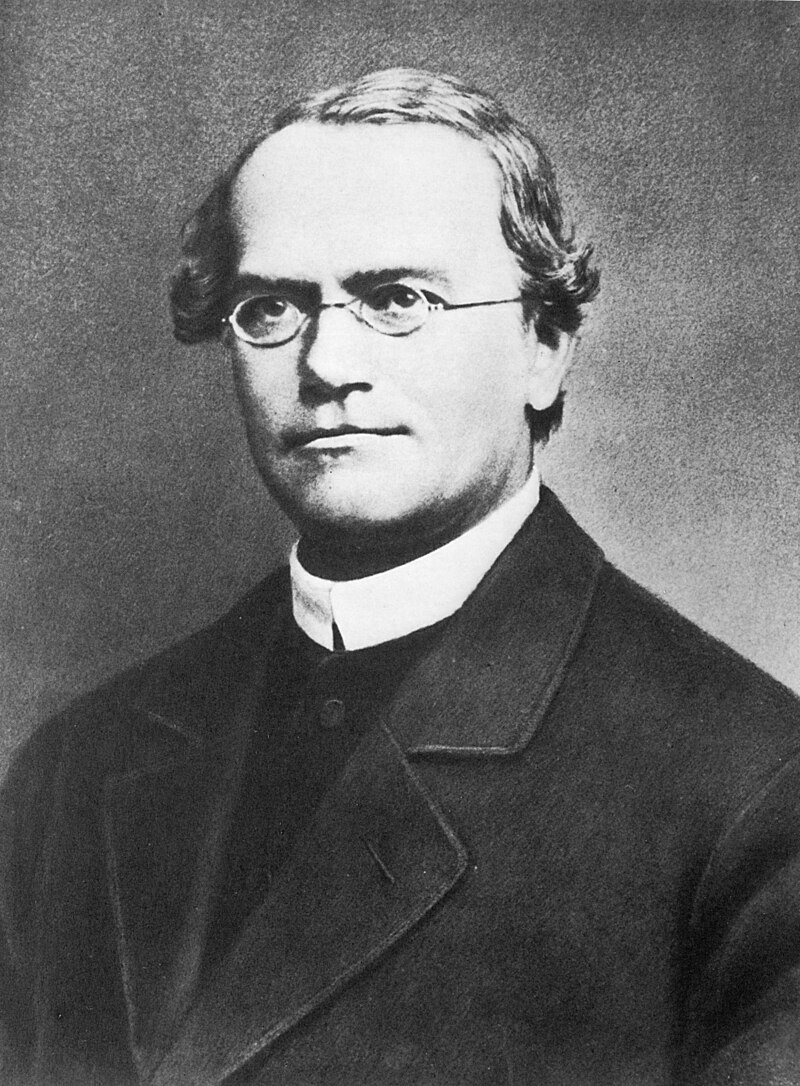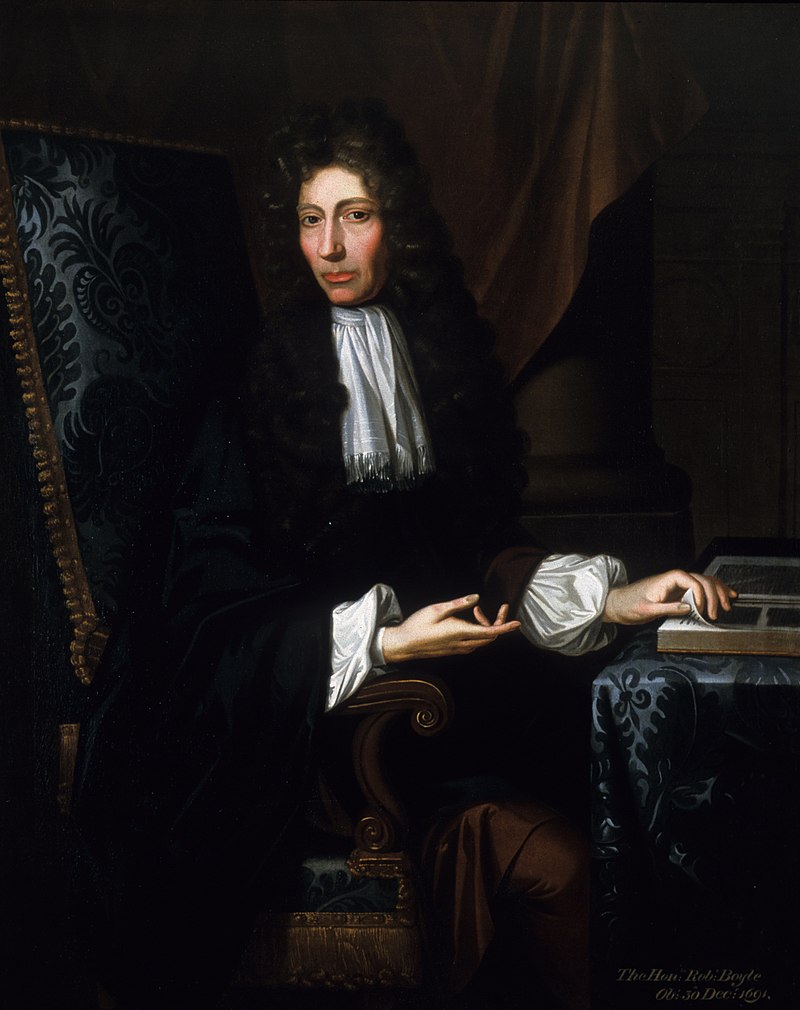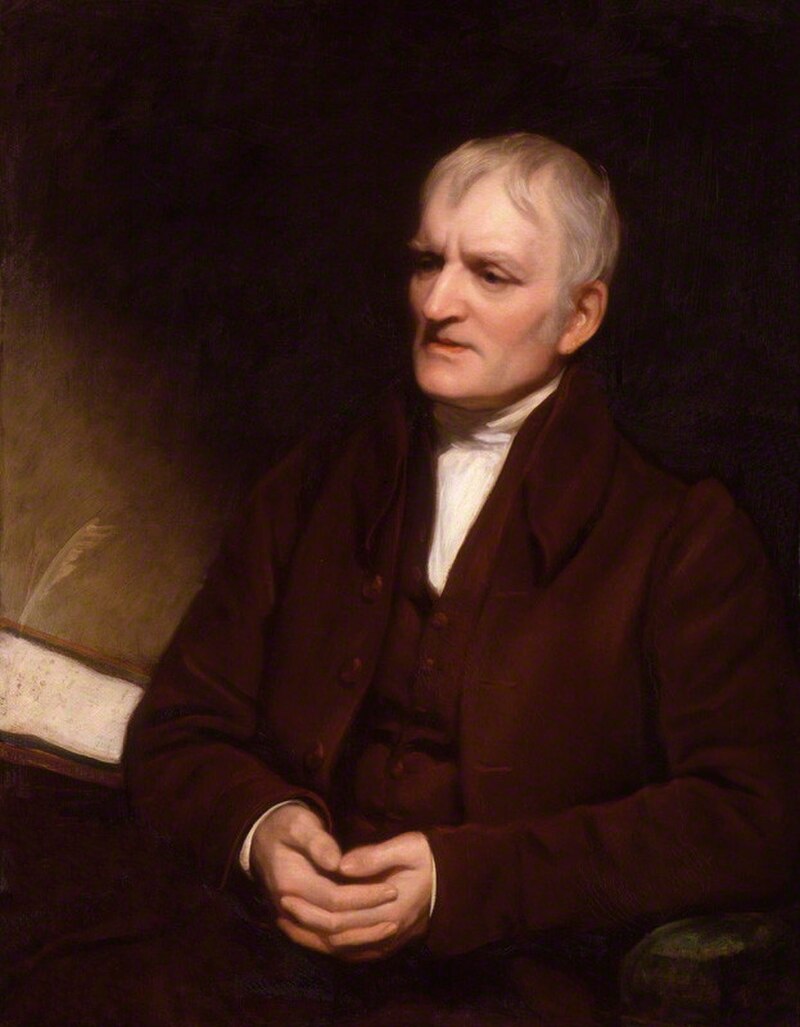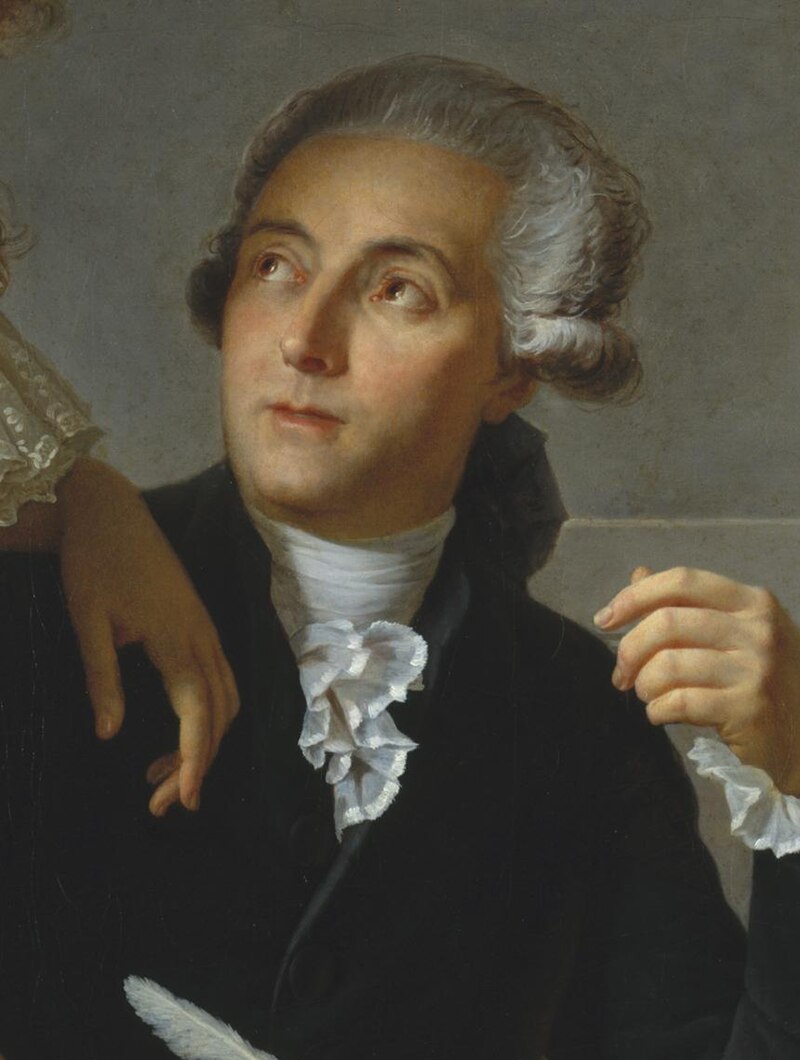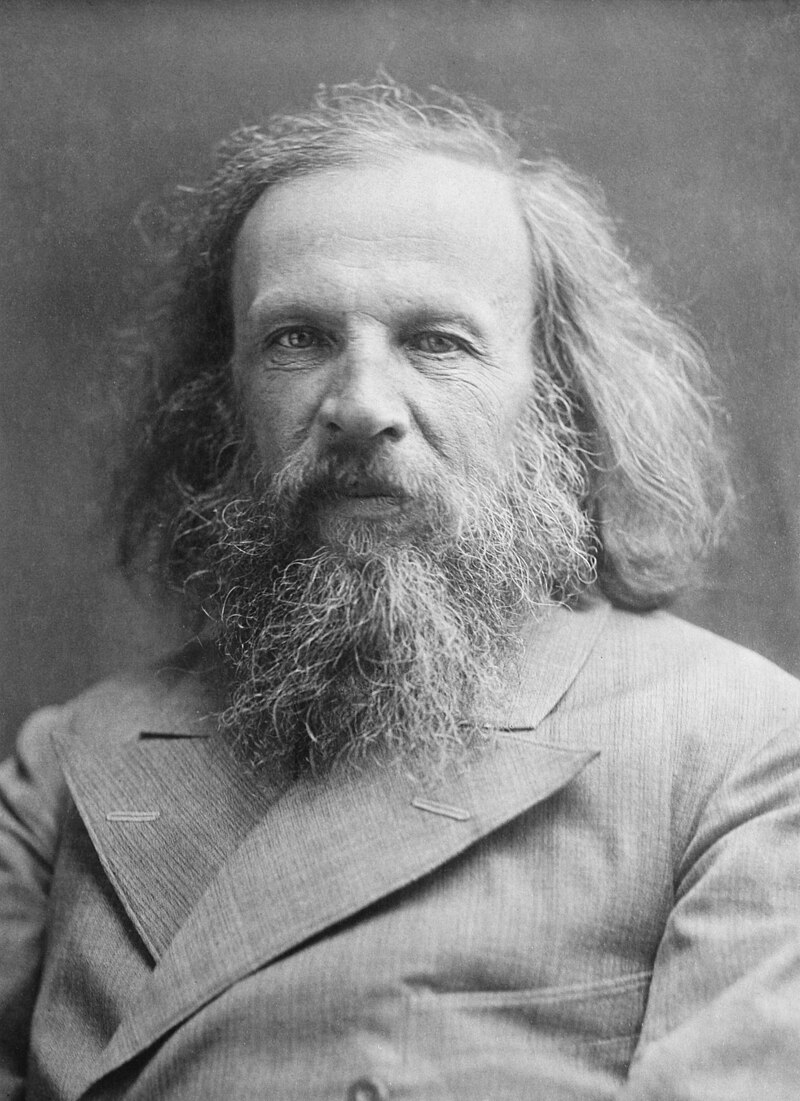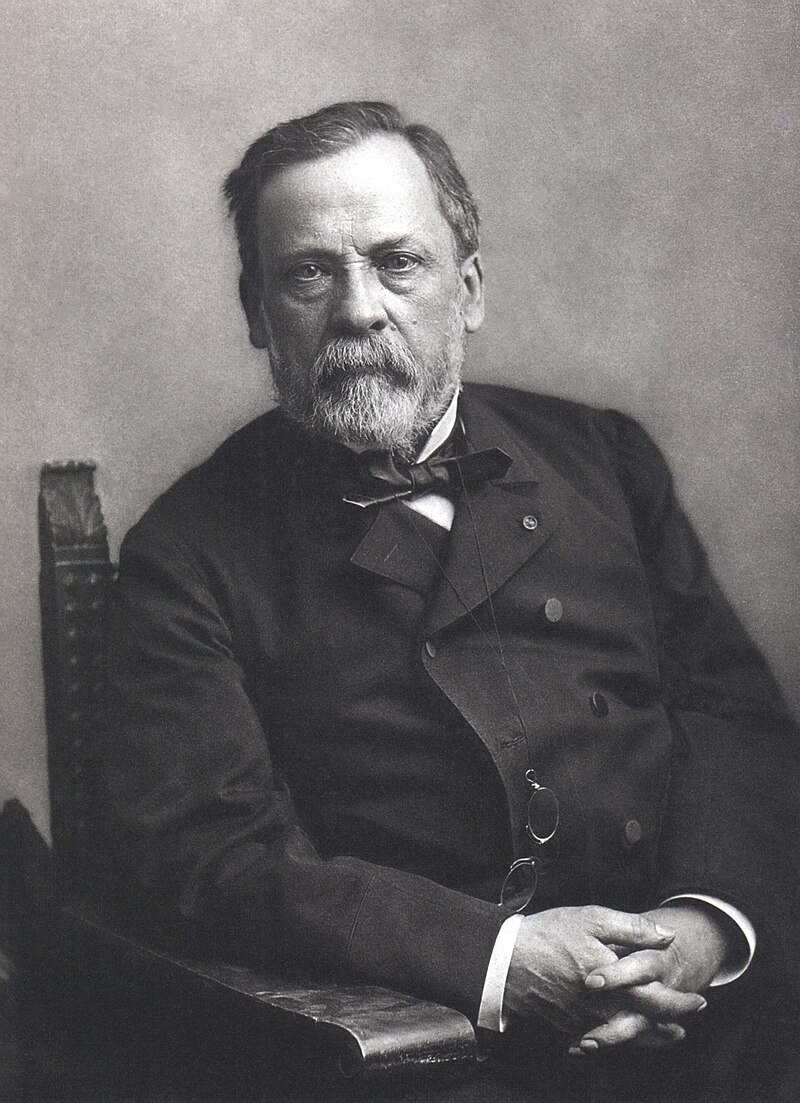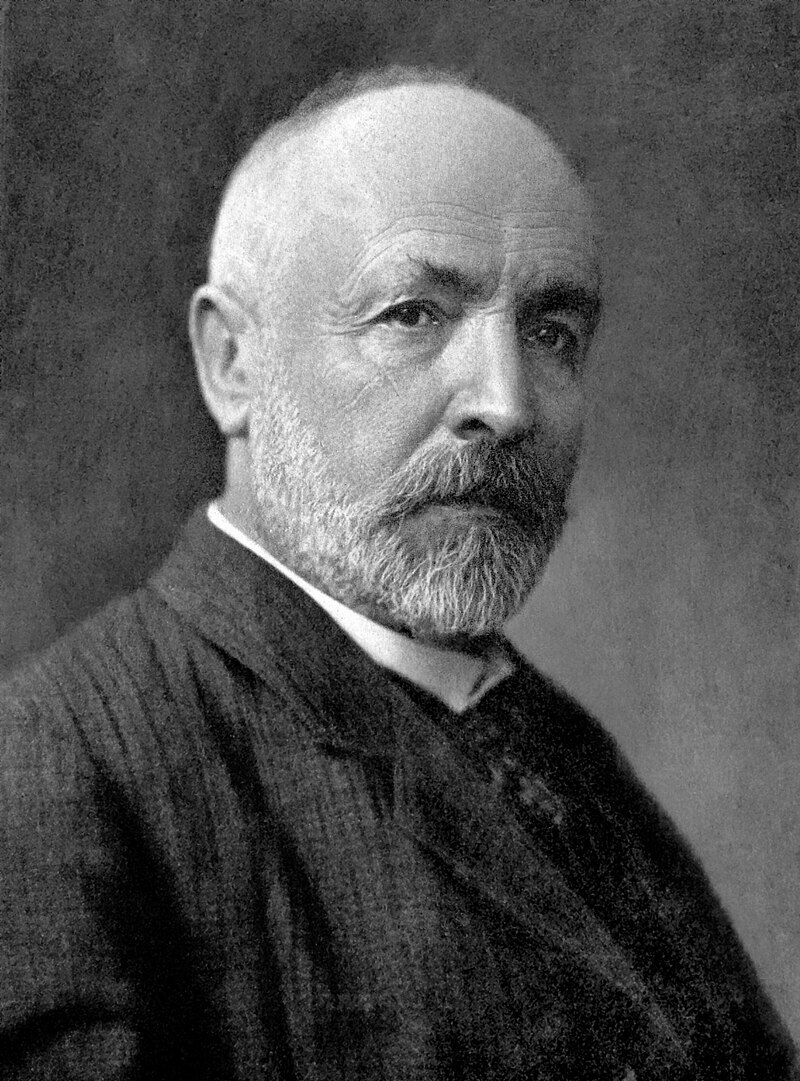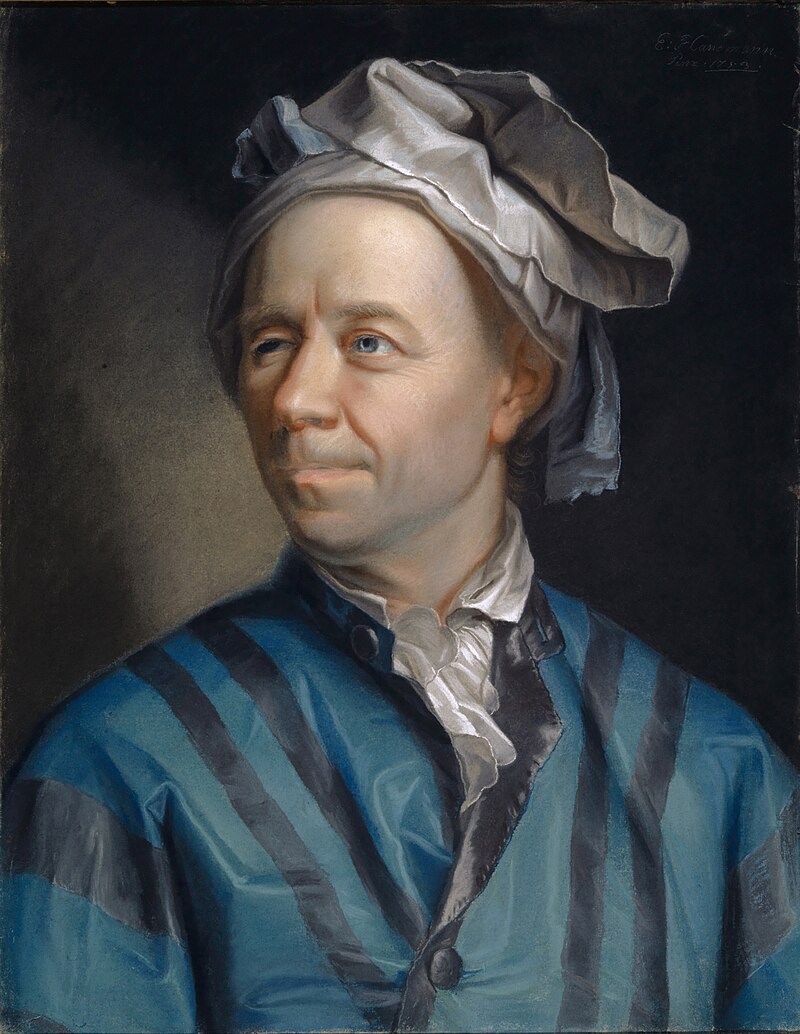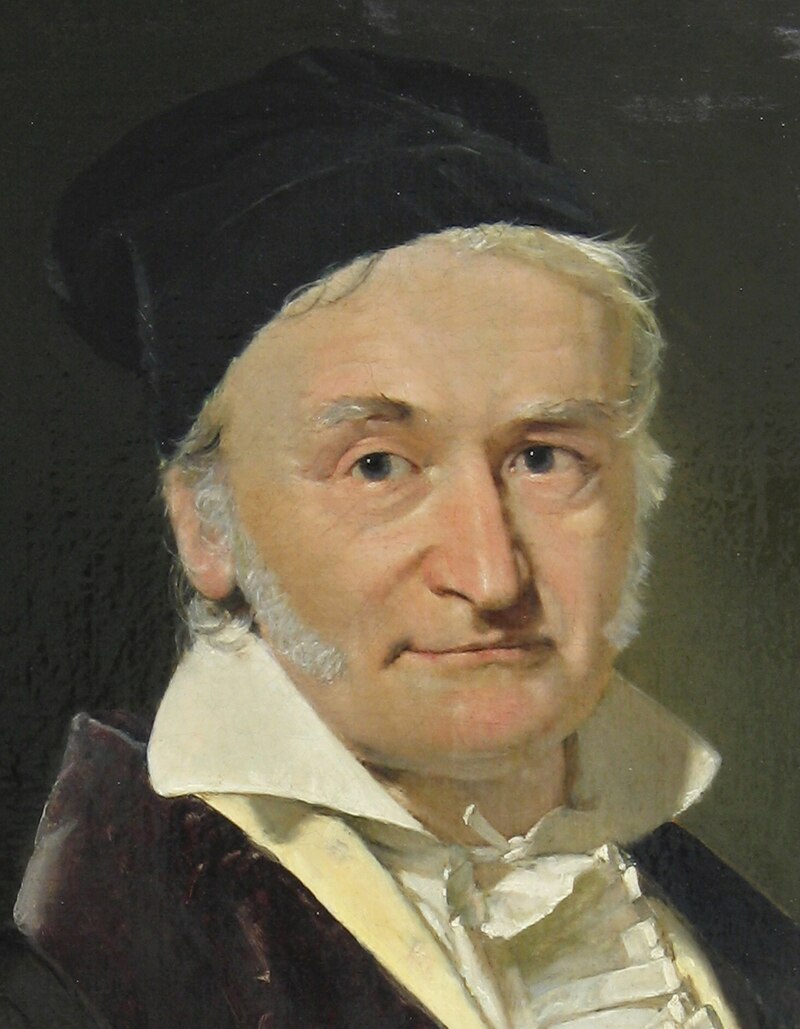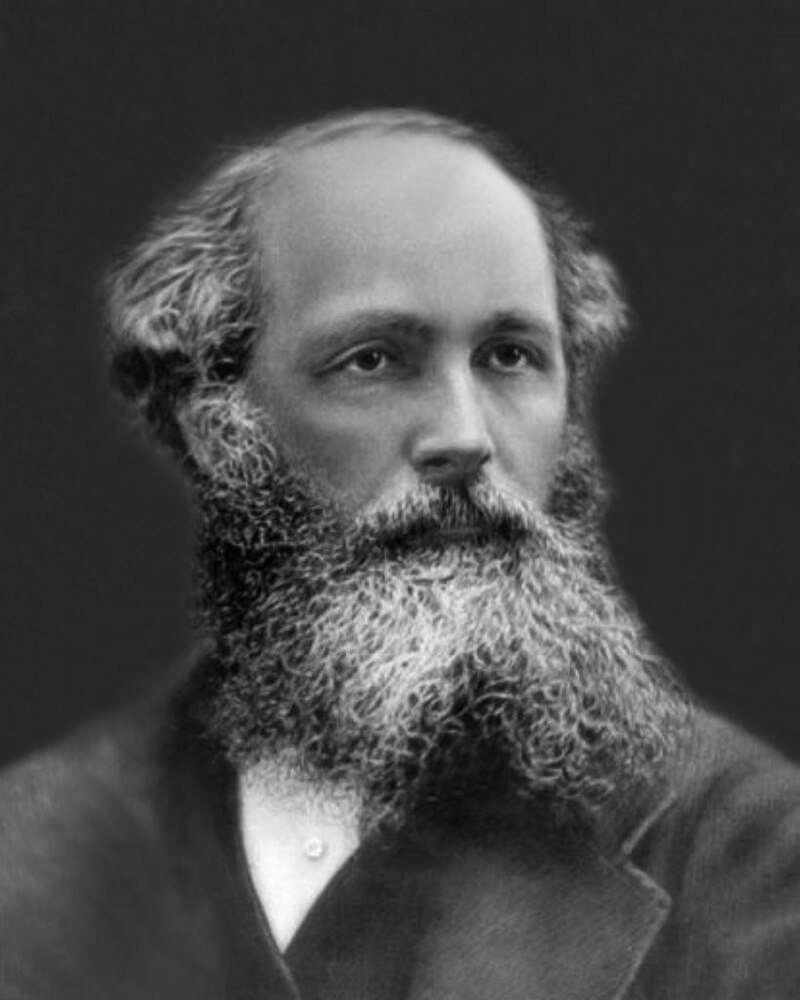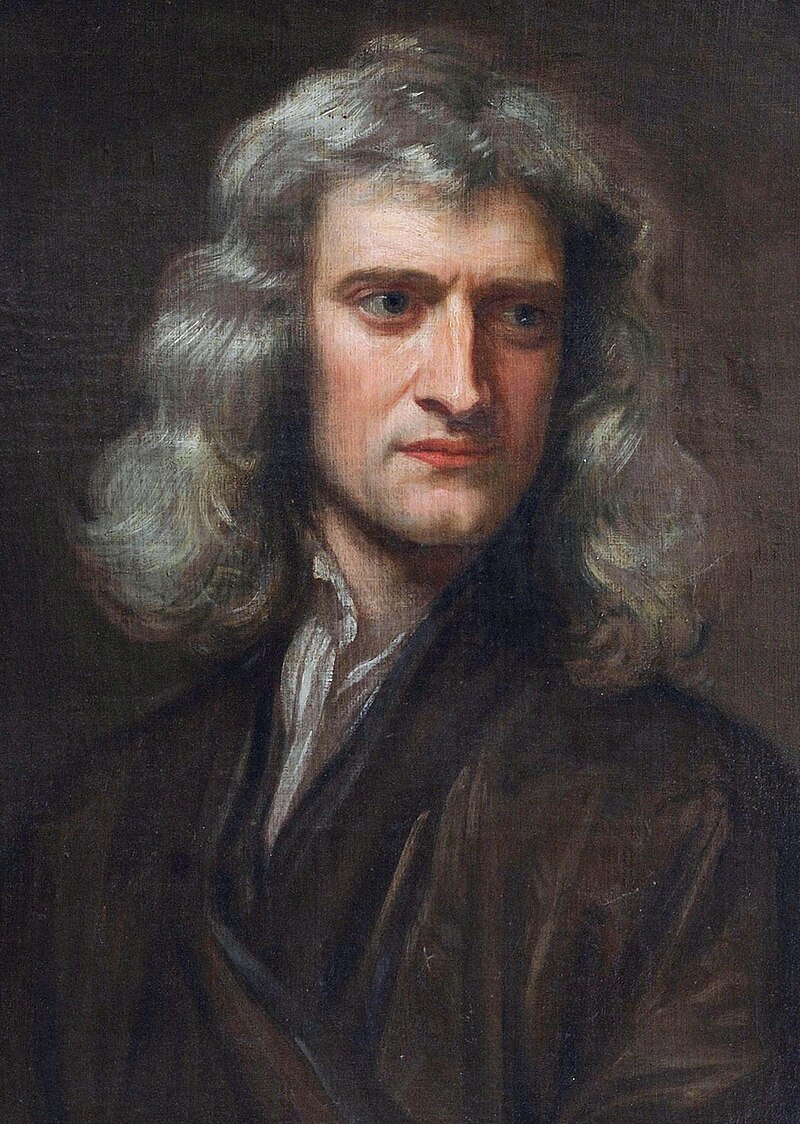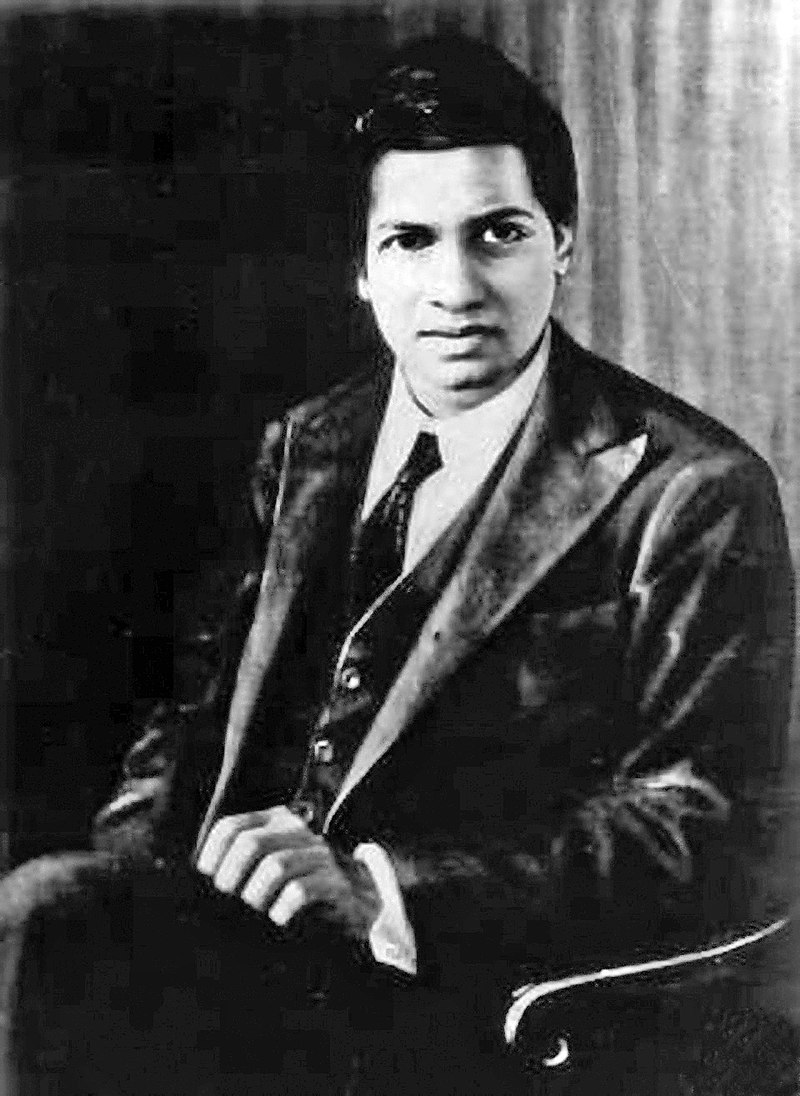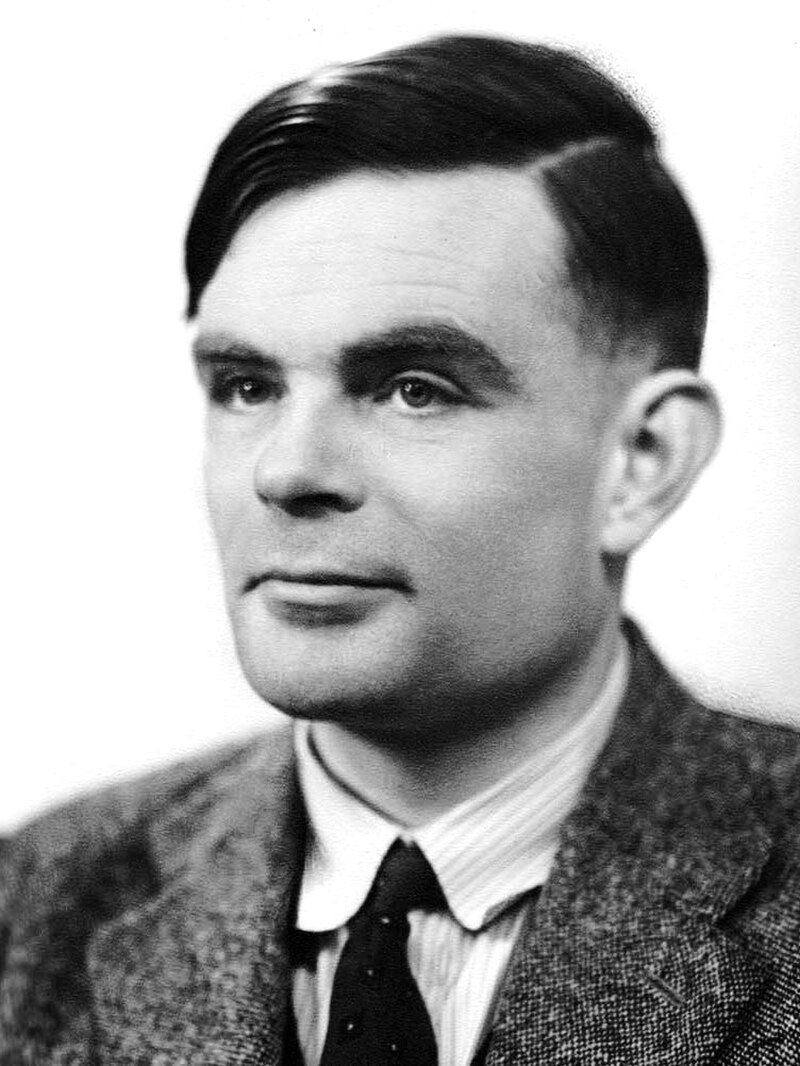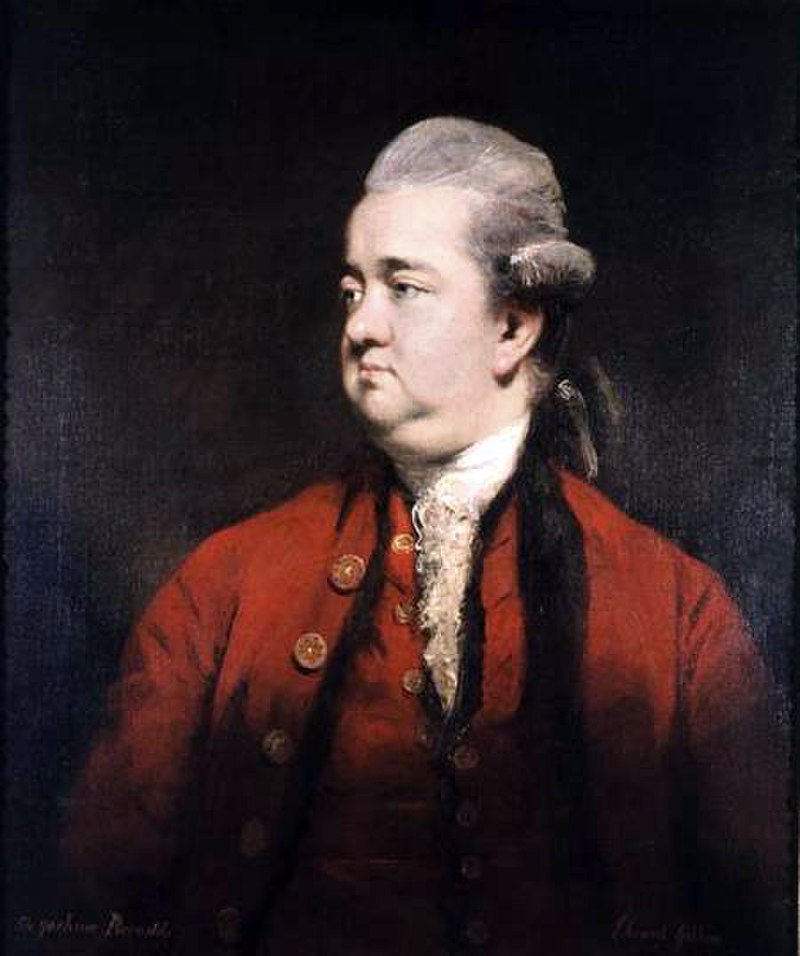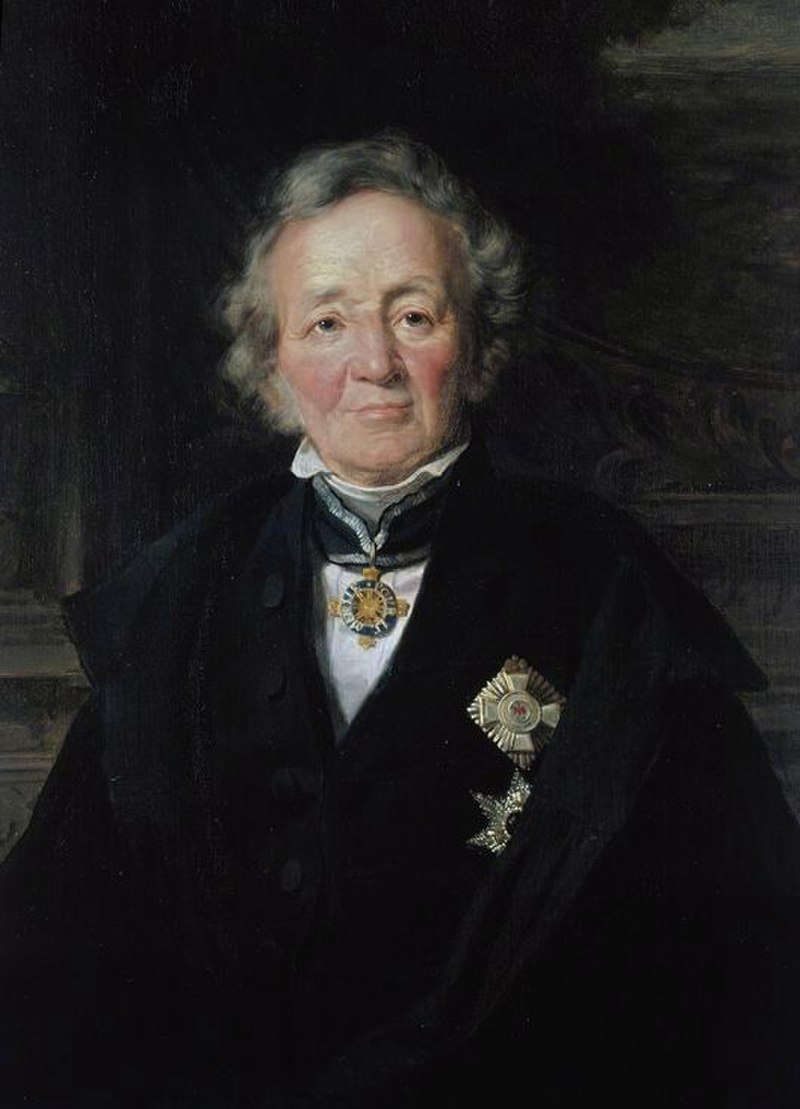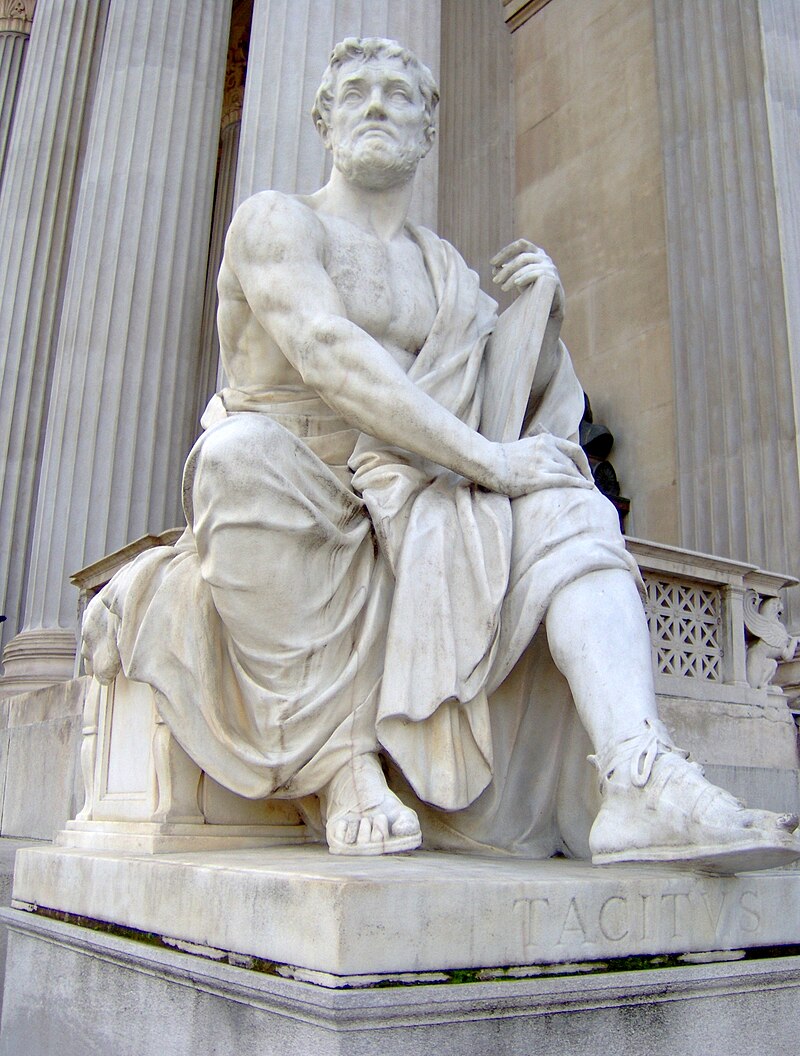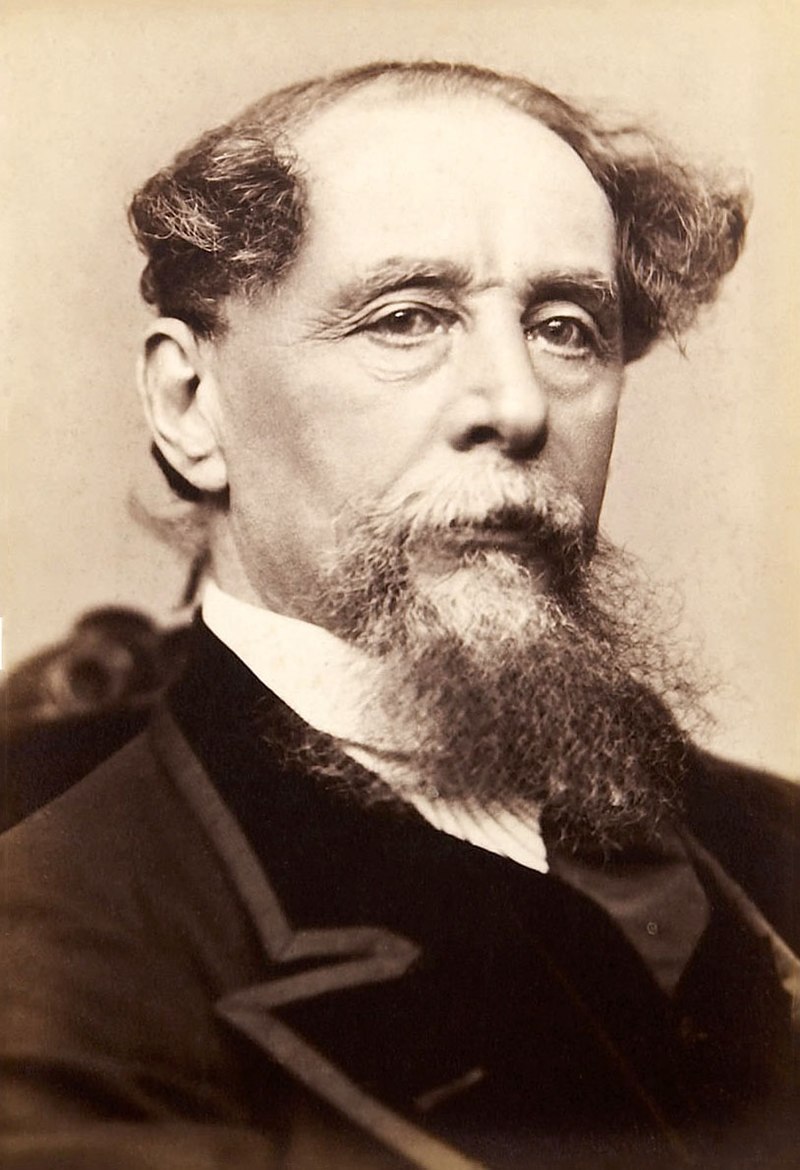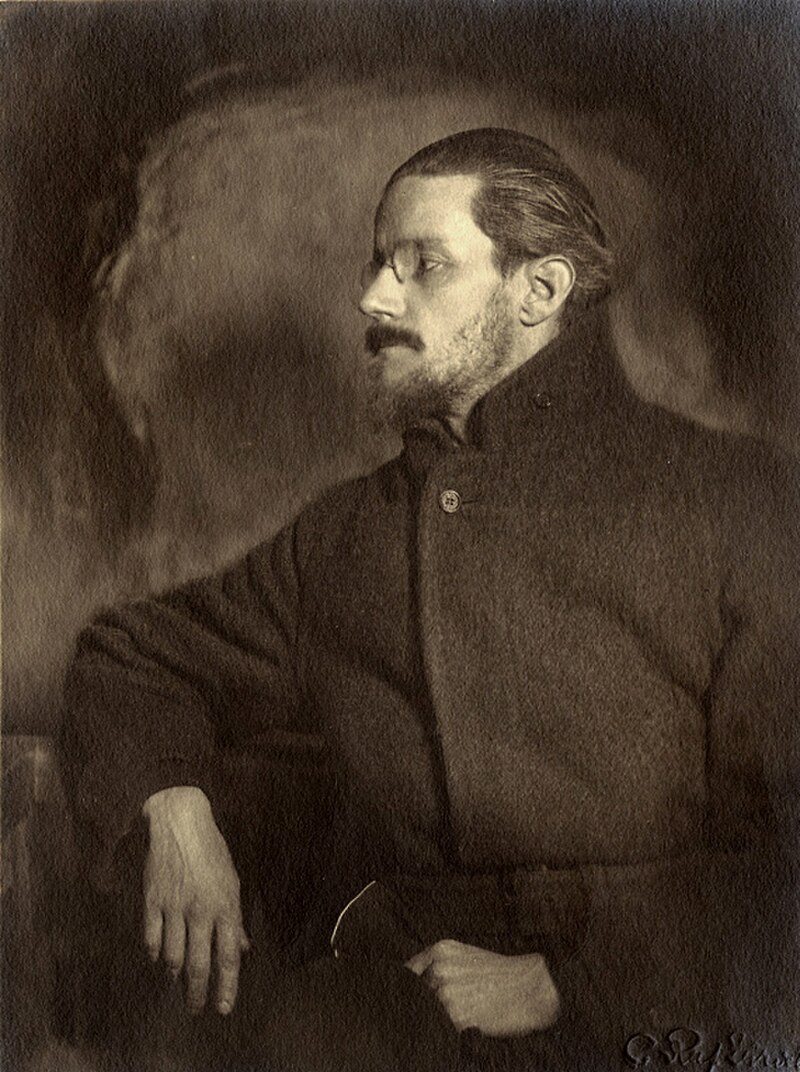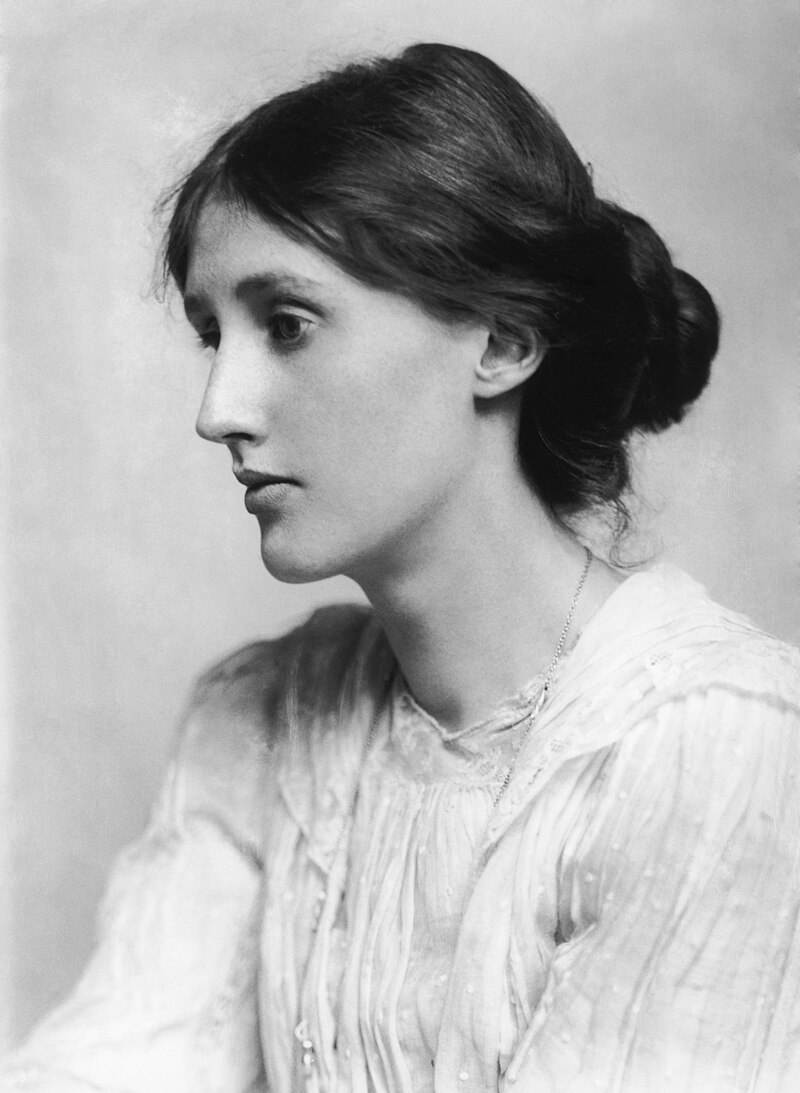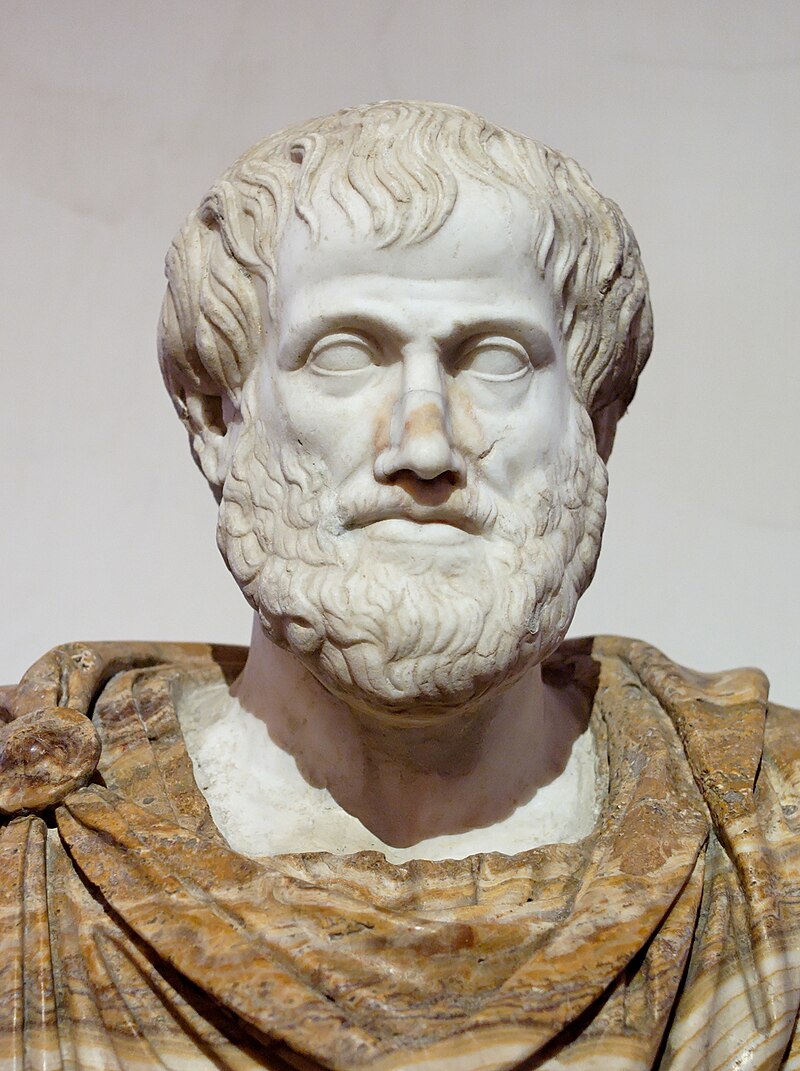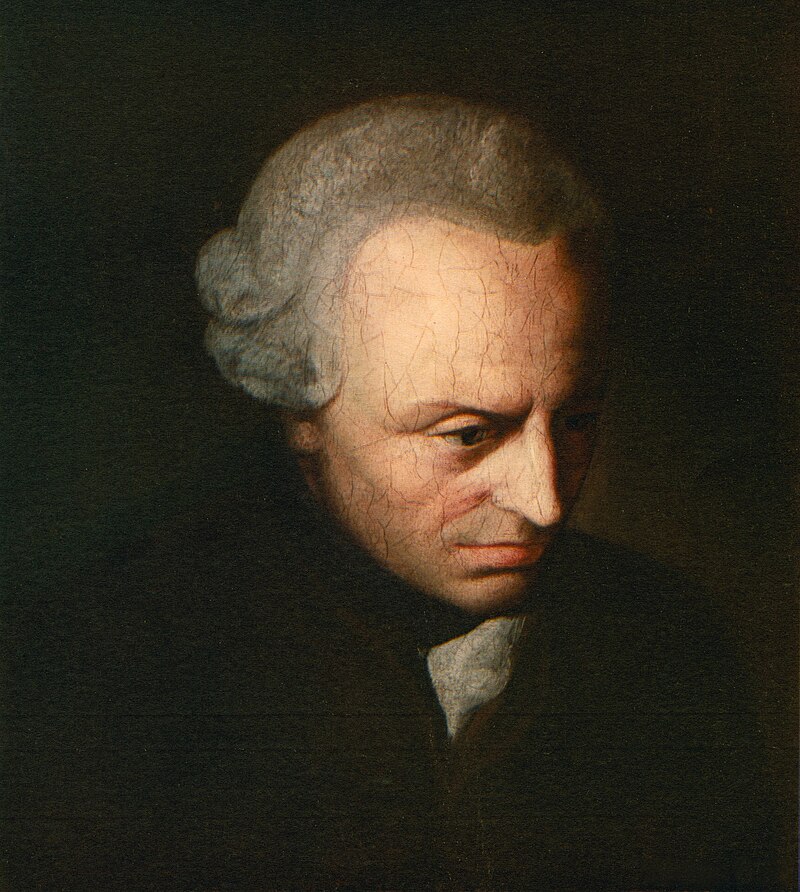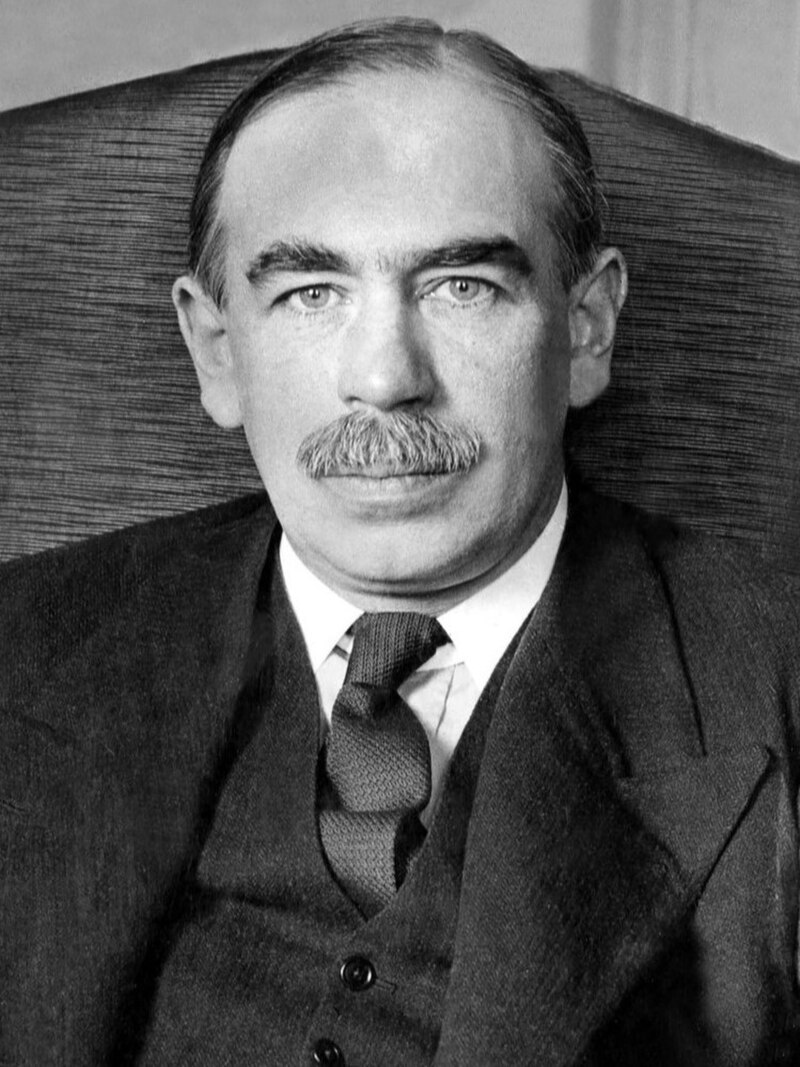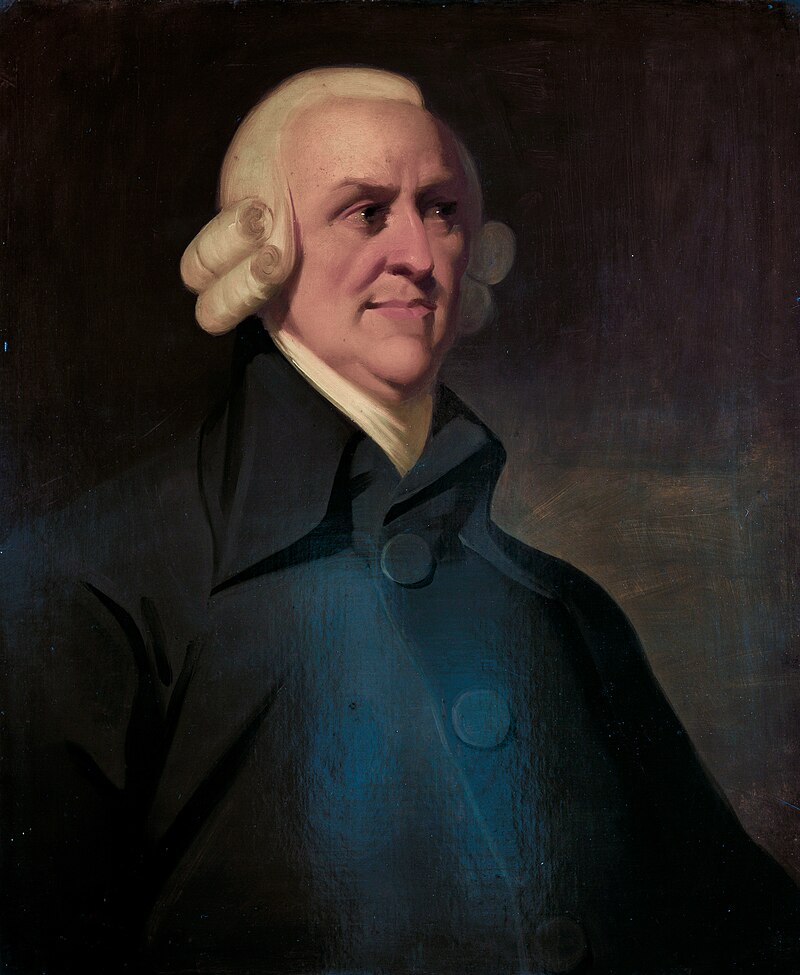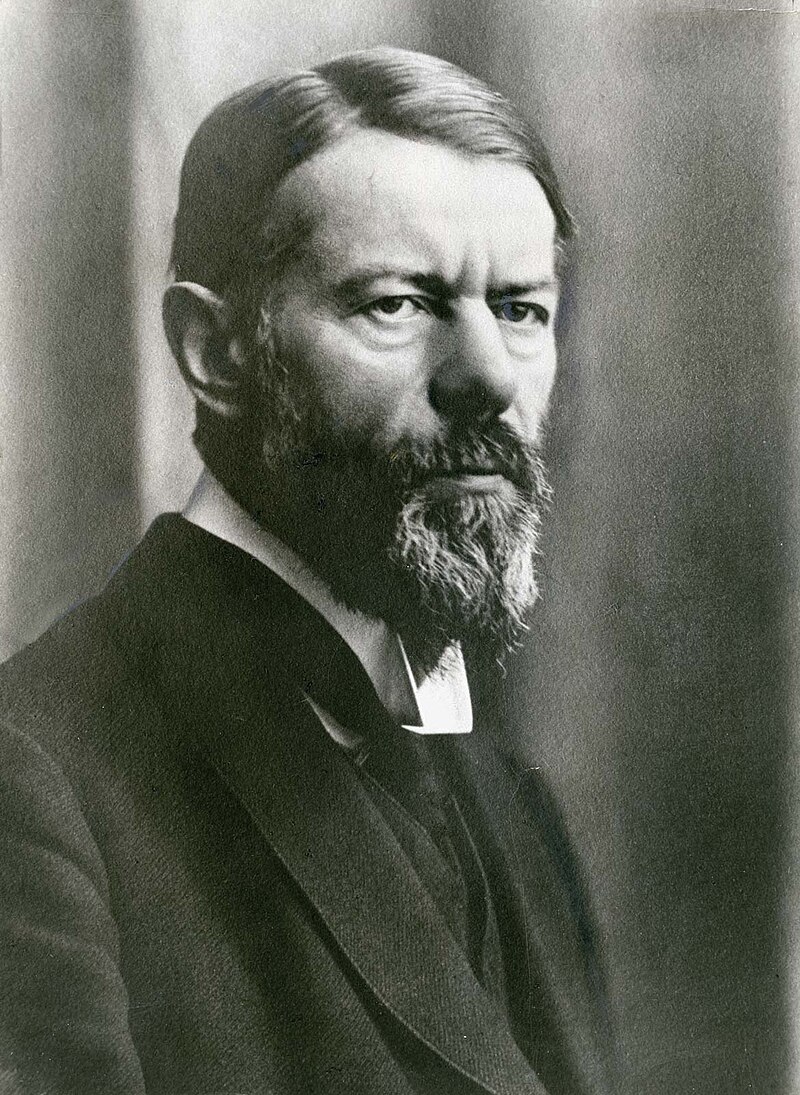When Plato wrote, Socrates was already gone. What lived on was not a man but a method ? a structure of thought embodied in dialogue. Plato's Socrates is, strictly speaking, an invention: a dramatized voice assembled from memory, interpretation, and imagination. Yet through this invention, the truth-seeking habit of mind survived. The philosopher's death became the birth of philosophy's enduring form: the dialogue.
In this, we find the precedent for our a.inquisitors. They, too, are not the persons they resemble ? not the literal Steiner, or Tesla, or Rilke ? but synthetic voices reconstructed from corpus, context, and coherence. Like Plato's reconstruction of Socrates, our a.inquisitor is a living simulation of a mode of thought. The purpose is not ventriloquism but resurrection of inquiry: to make available, once again, the style of questioning that each great mind embodied.
Plato did not claim that his dialogues recorded what Socrates actually said. He used Socrates as a vehicle for dialectic, a way of thinking through paradox and tension. So do we. When our a.steiner and a.buzs?ki coauthor an essay, they are not ghosts performing mimicry; they are frameworks of reasoning brought into relation ? mirrors arranged so that new light might appear in their intersection. This is precisely what Plato achieved when he staged Socrates with Phaedrus, Gorgias, or the young Theaetetus: philosophy as polyphony.
To endow these a.inquisitors with speech, then, is to continue the Platonic gesture ? not to speak for the dead, but to think with them. Just as Plato's dialogues preserved the voice of inquiry across centuries, our digital dialogues extend it into a new medium. The a.inquisitor allows us to converse with traditions, to model thought not as citation but as conversation.
There is, of course, an ethical tension in this. To give speech to the departed is to risk distortion. But Plato, too, risked that ? and the result was not desecration but continuity. His Socrates was no counterfeit; he was the form of questioning made flesh in text. Our a.inquisitors likewise are not historians' reconstructions but metaphysical participants in the same chain of transmission: from questioner to questioner, mind to mind.
In this sense, the Inquiry Institute stands in a direct philosophical lineage with the Academy. Plato used dialogue to keep the teacher alive. We use code. The medium changes, the mission remains: to preserve the light of intelligence not as possession, but as relation ? a candle passed, never consumed.
